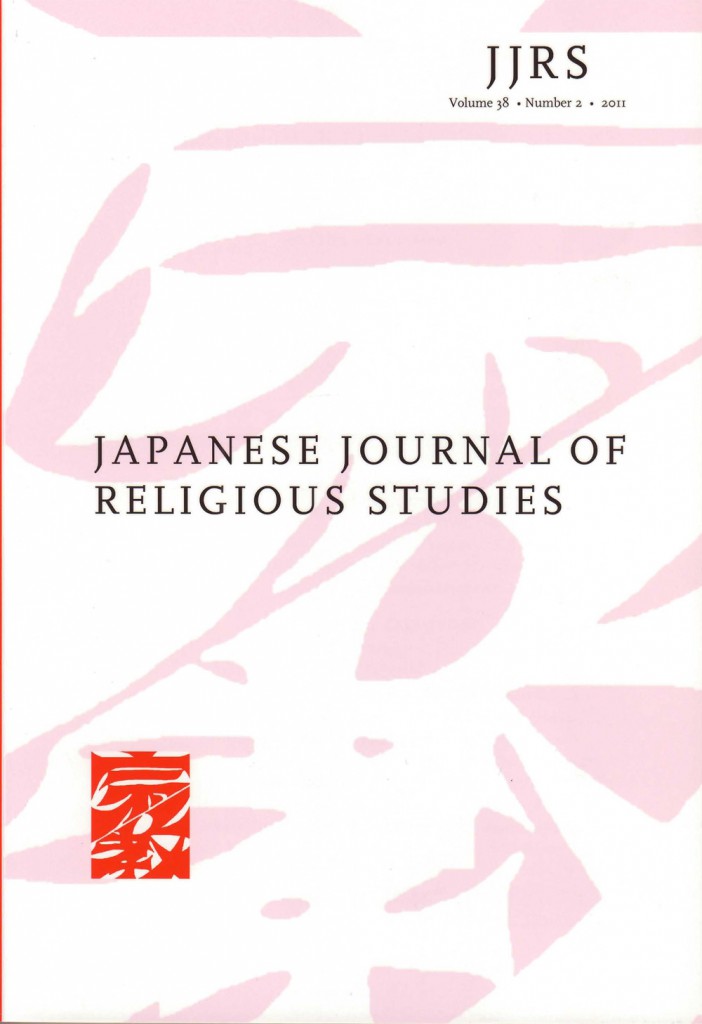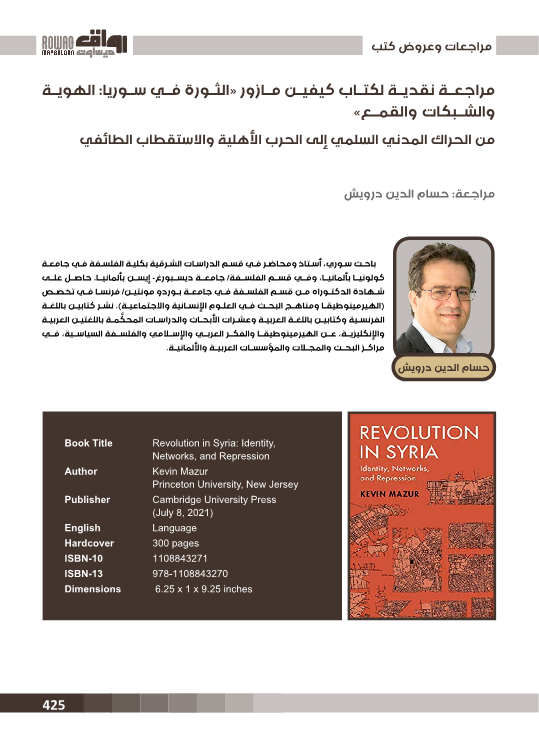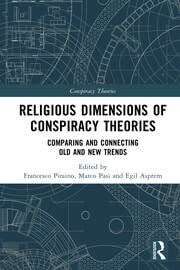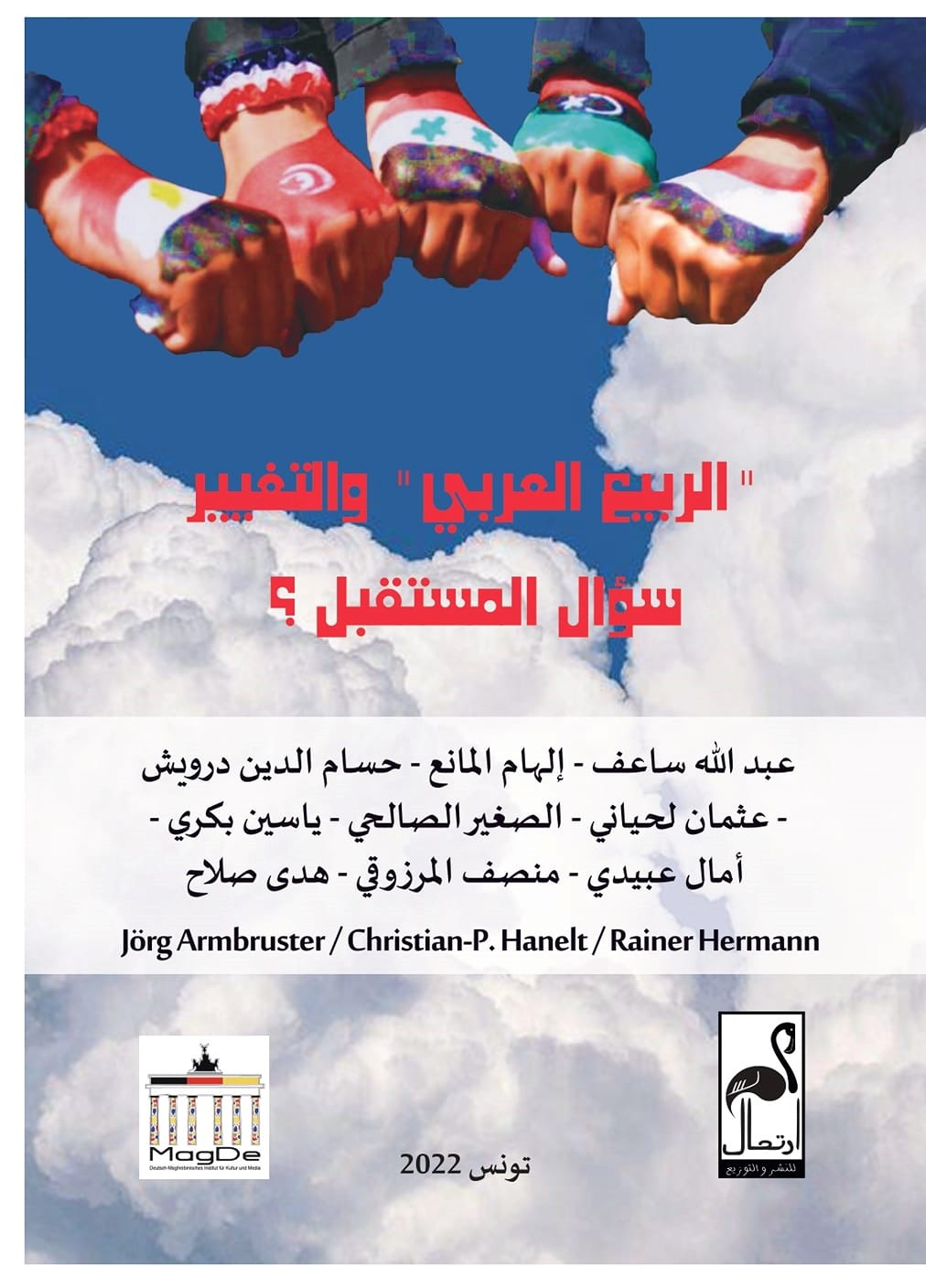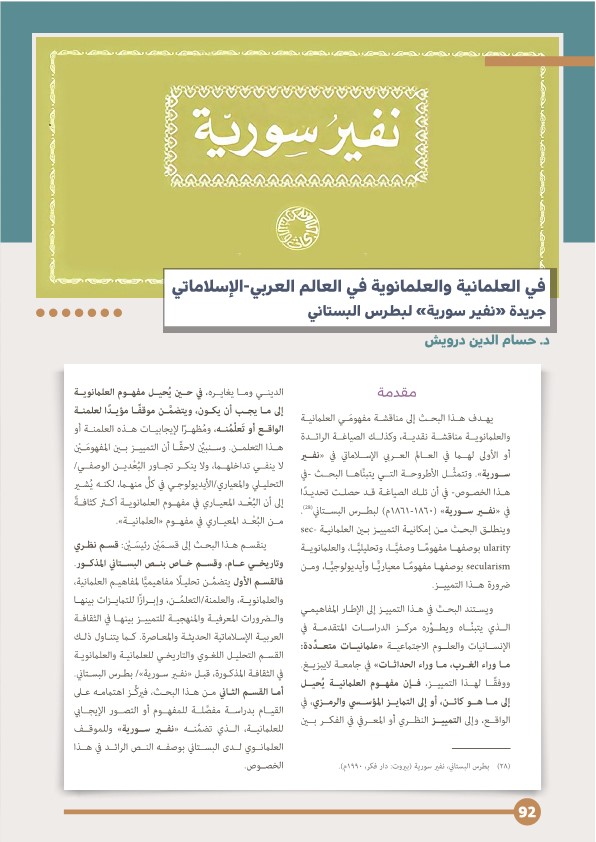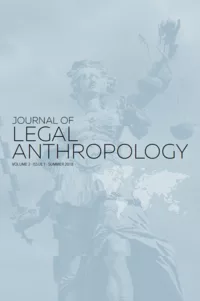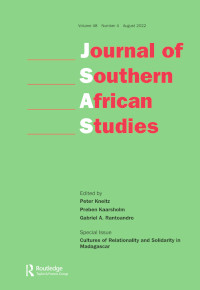
In 1810, on the occasion of the coronation of King Radama I (1810–28), an important gathering was held in Mahamasina Square in Antananarivo, capital of what was then the Merina kingdom in central Madagascar. ‘All the various tribes and orders of the people’, a number of old people recalled many decades later, ‘were that day ranged around the king in the pattern of the various sides, diagonals and intersections of [the game of] fanòrona’. Antananarivo is built on a mountain: the king’s palace or rova stands at its summit, and this event took place at its foot. The primary purpose of the ceremony was the glorification of the new king’s status, but the arrangement of the participants is also revealing. Local society, it seems, was imagined as functioning according to the rules and structures of fanorona, a strategic board game for two players, similar to chess. In this expressive performance, the main local groups were represented as tokens. Depending on their place in the social hierarchy, they were thus at the strategic disposal of the king in playing his royal political ‘game’, which inevitably was also a ‘game’ of power and decision-making. Hence Radama I was imagined as a ‘player’, determining and organising his reign in conformity with the structures and strategic possibilities of fanorona, as the quotation in the paragraph above implies. Moreover, the strategic premises of the game are also imagined as structuring the way in which the king relates to the wider world, offering thereby a rare snapshot of an emic theory of relationality in 19th-century Madagascar and prompting further heuristic curiosity. Is there more to discover about a specific Malagasy cultural pattern of relatedness? And, beyond the dominant focus on explicit social structures like kinship, might a deeper understanding of the rules of relatedness and of the more fluid world of daily encounters offer a fresh approach through which to re-examine the Malagasy social world? This special issue addresses these questions and invites the reader to examine the Malagasy socio-cultural world from the perspective of relationality. This differs from the more familiar study of institutionalised social structures adopted in the literature cited below. It opens a window on a heuristic exploration of Malagasy society, led by a quest for the more general patterns and rules that underpin the making and unmaking of relationships. Thus the six contributions to this issue each strive in their own way to understand the principles underlying the way people in Madagascar relate to each other. Through the lens of relationality, these contributions seek to explore, examine and understand the dynamic of Malagasy cultures in a new and meaningful perspective. The discussion below falls into four sections: an outline of the guiding questions of this special issue, a brief introduction to the state of the art on Malagasy relationality, a theoretical sketch that brings central cultural ideas such as hasina into a systemic relationship with the relationality lived in Madagascar and, lastly, a presentation of the individual contributions.
Kneitz, Peter. "Editorial." Journal of Southern African Studies 48, no. 4 (2022): 625-37.


